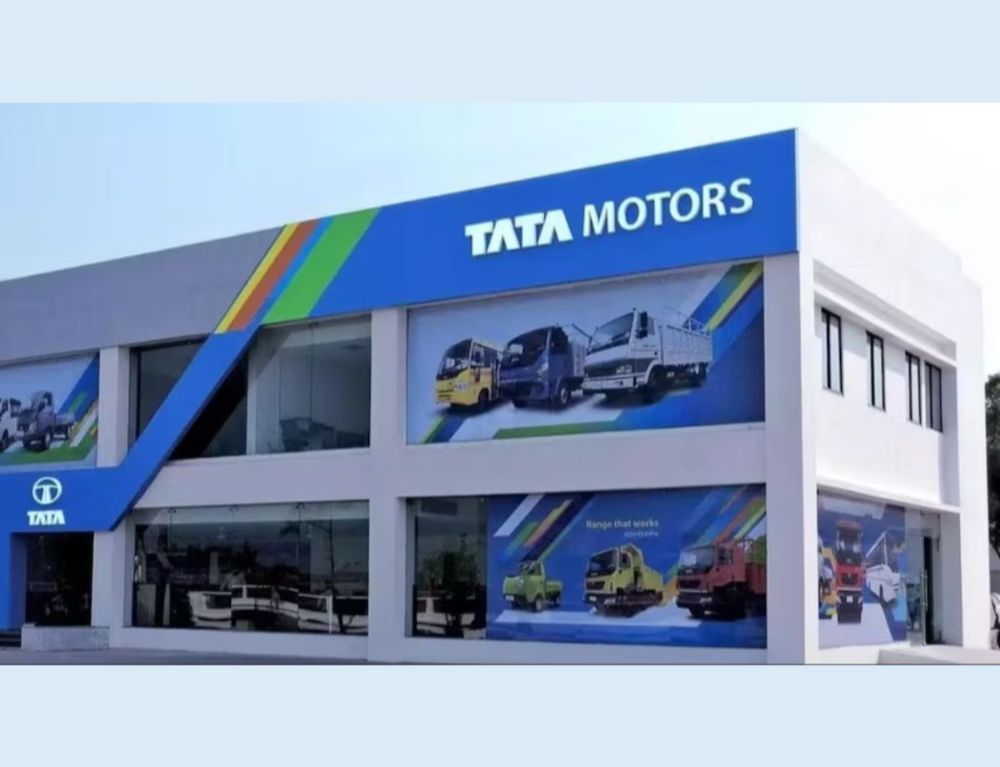Tata Motors Ltd (TML) has announced a significant decision to split its operations into two distinct listed companies, marking a pivotal moment in its corporate strategy. The board’s approval of this proposal signifies a strategic shift for the renowned automobile maker, dividing its business lines to enhance operational efficiency and unlock shareholder value.

Under the approved plan, one entity will encompass the commercial vehicles (CV) business segment along with its related investments, while the other will house the passenger vehicles (PV) businesses, including domestic PV, electric vehicle (EV), and the prestigious Jaguar Land Rover (JLR) brand, along with their respective investments.
This move has garnered attention from industry watchers and analysts, who view it as a timely opportunity for Tata Motors to segregate its passenger and commercial vehicle businesses, thus leveraging the distinct market dynamics of each segment. Particularly, experts anticipate that this demerger will facilitate a focused approach towards the EV business, aligning with the growing global demand for electric mobility solutions.
However, it’s worth noting that analysts do not foresee this demerger as a prelude to the eventual separate listing of JLR and EV businesses. Instead, the focus seems to be on enhancing operational efficiency and value creation within the newly structured entities.
The demerger process will be carried out through a National Company Law Tribunal (NCLT) scheme of arrangement, a meticulous legal procedure that will require approvals from shareholders, creditors, and regulatory bodies. Given the complexity of the process, the company anticipates a timeline of 12-15 months for completion.
Importantly, Tata Motors assures stakeholders that the demerger will not have any adverse impact on employees, customers, or business partners. Shareholders can expect to maintain identical shareholding in both listed entities, ensuring equitable distribution of value across the newly formed companies.
N Chandrasekaran, Chairman of the board of Tata Sons, expressed confidence in the strategic rationale behind the demerger, emphasizing its potential to enhance focus and agility across the automotive business units. He highlighted the strong turnaround achieved by Tata Motors in recent years and emphasized the independent and consistent performance of the PV (ICE and EV), JLR, and CV business units under their respective CEOs since 2021.
In conclusion, Tata Motors’ decision to demerge its operations reflects a strategic realignment aimed at unlocking value, enhancing operational focus, and capitalizing on market opportunities across its diverse business segments. As the company embarks on this transformative journey, stakeholders await the realization of enhanced customer experiences, employee growth, and shareholder value across the newly structured entities.
